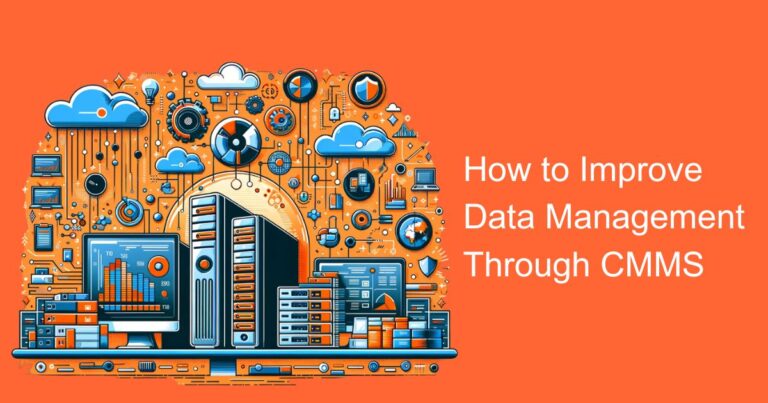Introduction
In the dynamic world of business, inventory management stands as a cornerstone of operational efficiency and customer satisfaction. This comprehensive guide delves into the what is inventory management, exploring its fundamentals, importance, strategies, challenges, and technological advancements.
Understanding Inventory Management
Defining What is Inventory Management
Inventory management is the systematic approach to sourcing, storing, and selling inventory—both raw materials (components) and finished goods (products). In retail, manufacturing, food service, and other sectors, it involves the oversight of non-capitalized assets (inventory) and stock items.
The Role of Inventory Management in Business
Effective inventory management is crucial for maintaining the right balance of stock in a warehouse or storage facility. It involves tracking inventory from purchase to sale, understanding stock levels, and ordering and restocking products efficiently.
Why is Inventory Management Important?
Cost Reduction and Profit Maximization
Proper inventory management helps in reducing costs by minimizing excess inventory and ensuring products are sold before they expire or become outdated. This leads to increased profitability through efficient sales and inventory turnover.
Enhancing Customer Satisfaction
By ensuring the right products are available at the right time, businesses can significantly improve customer satisfaction and loyalty, vital for long-term success.
Inventory Management Techniques and Strategies
Just-in-Time (JIT) Inventory
JIT minimizes inventory and reduces holding costs by ordering stock in alignment with customer demand.
ABC Analysis
This technique categorizes inventory into three categories (A, B, and C) based on importance and value, helping businesses prioritize their focus and resources.
Dropshipping
A method where stores do not keep the products they sell in stock. Instead, when a store sells a product, it purchases the item from a third party and has it shipped directly to the customer.
Challenges in Inventory Management
Demand Forecasting
Predicting customer demand is challenging and crucial for inventory management. Inaccurate forecasts can lead to overstock or stockouts.
Inventory Shrinkage
Shrinkage, due to theft, damage, or miscounting, can significantly impact inventory accuracy.
Global Supply Chain Complexities
Managing inventory across a global supply chain presents unique challenges, including longer lead times and increased risk of supply chain disruptions.
Technological Advancements in Inventory Management
Inventory Management Software
Modern software solutions offer real-time tracking, automation, and analytics, making inventory management more efficient and data-driven.
RFID Technology
Radio Frequency Identification (RFID) provides enhanced tracking capabilities and inventory visibility.
AI and Machine Learning
These technologies are increasingly being used for predictive analytics and smarter decision-making in inventory management.
Best Practices for Effective Inventory Management
Regular Audits
Conducting regular audits ensures inventory accuracy and helps identify issues early on.
Training and Development
Investing in employee training ensures that the staff is equipped with the skills and knowledge to manage inventory effectively.
Continuous Improvement
Adopting a culture of continuous improvement and staying updated with technological advancements can lead to better inventory management strategies.
Conclusion
Inventory management is a complex but essential component of a successful business. By understanding its importance, implementing effective strategies, and embracing technological advancements, businesses can streamline their operations, reduce costs, and improve customer satisfaction. In an ever-evolving business landscape, the mastery of inventory management can be a significant competitive advantage. As we look toward the future, the integration of technology and strategic planning in inventory management will undoubtedly play a pivotal role in shaping the success of businesses worldwide.








